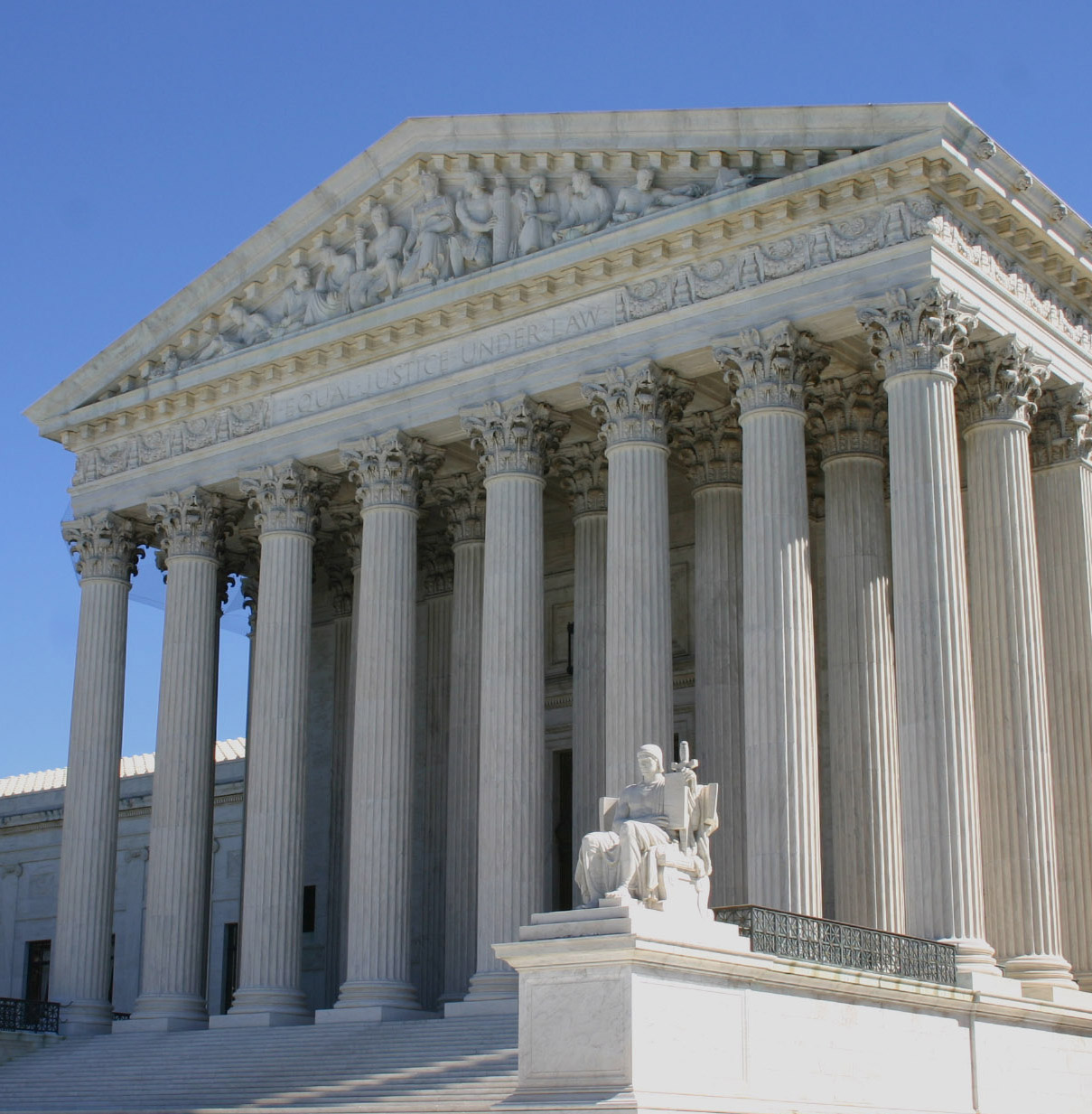On April 22, 2021, the U.S. Supreme Court issued a unanimous opinion in Carr v. Saul, ruling that people who were denied Social Security disability benefits by the Social Security Administration (SSA) do not lose the chance to challenge the appointment of SSA administrative law judges (ALJs) in court even if they do not first present Appointments Clause challenges during agency proceedings.
The court held unanimously that issue exhaustion requirements, which say that people must bring up all legal objections in front of an agency before they can use those objections in federal court, do not apply to these Appointments Clause challenges.
Justice Sonia Sotomayor delivered the opinion of the court, which gave the following three reasons people should be allowed to make Appointments Clause challenges even if they did not raise the issue during SSA proceedings:
*The SSA process at issue was not adversarial enough to require issue exhaustion in the absence of an explicit statutory or regulatory requirement
*Agency adjudicators usually lack the technical expertise to address structural constitutional challenges
*Court precedent says exhaustion requirements do not apply to challenges agency officials lack the power to resolve
Justice Clarence Thomas wrote a concurring opinion, joined by Justices Neil Gorsuch and Amy Coney Barrett, agreeing with the outcome of the case but saying he would have ended his analysis with the first point, that nonadversarial agency processes do not require issue exhaustion.
Justice Stephen Breyer wrote a concurring opinion agreeing with the outcome but arguing that the nonadversarial nature of an agency proceeding “is generally irrelevant to whether the ordinary rule requiring issue exhaustion ought to apply.”
The U.S. Supreme Court sent the case back to the circuit court for further proceedings.
To learn more about the case or agency adjudication, see here:
Additional Reading:
- Administrative Procedure Act
- Administrative law judge
- Lucia v. SEC
- Article II, United States Constitution – Section 2
- Administrative state
Link to the opinion:
https://www.supremecourt.gov/opinions/20pdf/19-1442_971e.pdf


